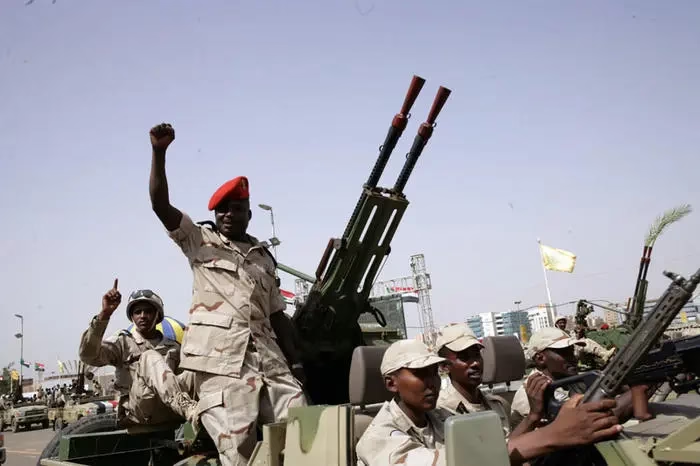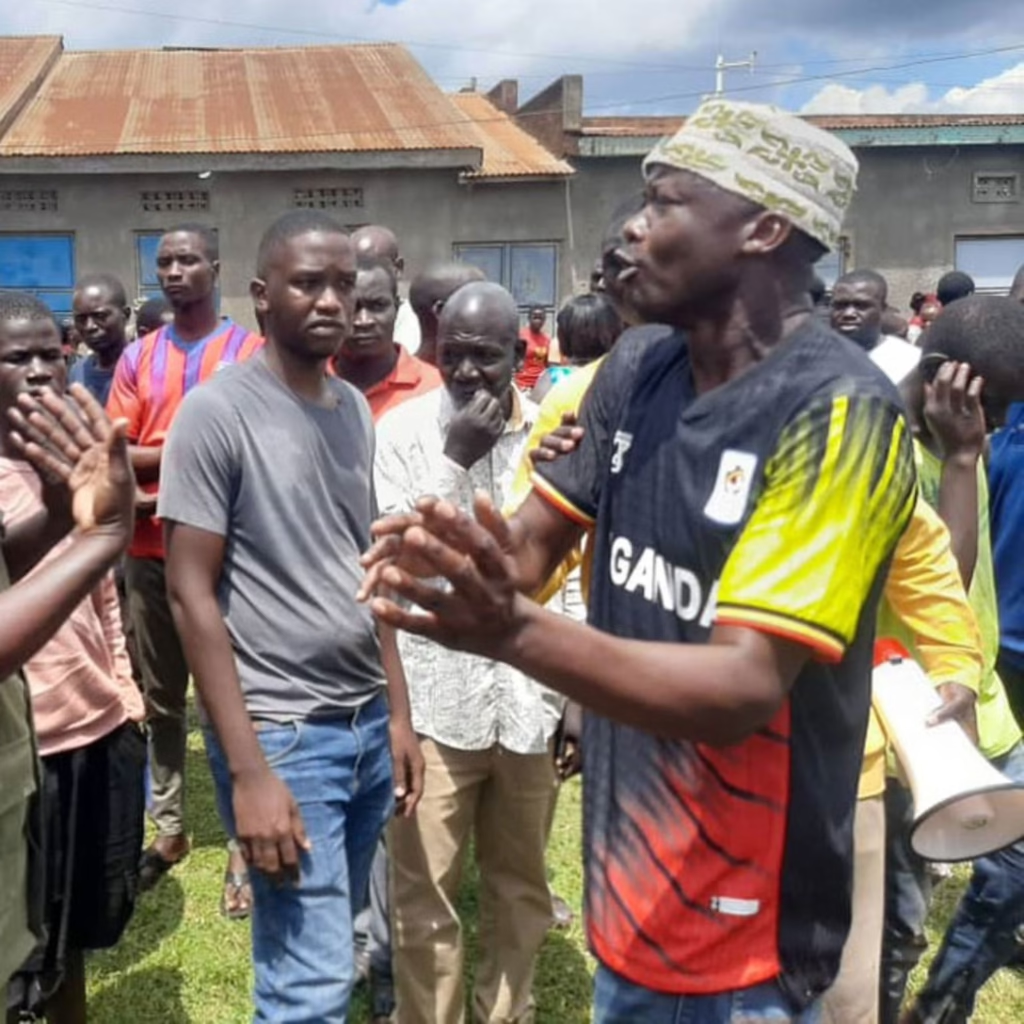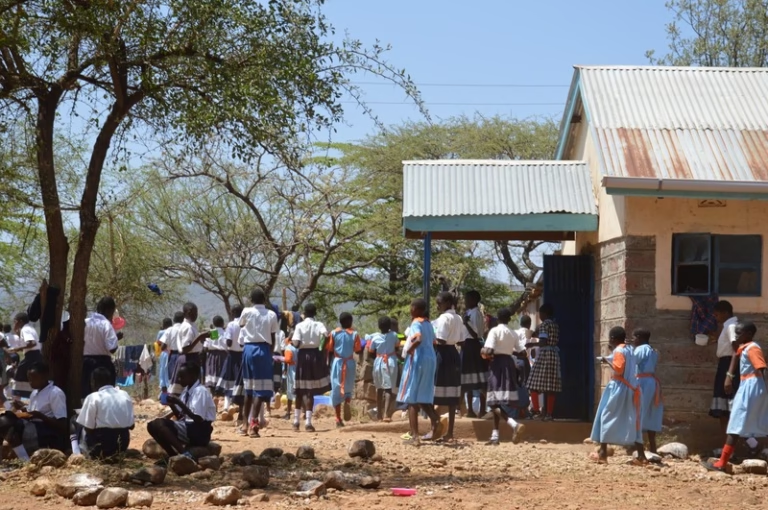
In a deeply concerning development, a Kenyan pilot lost his life during a mission associated with Sudan’s Rapid Support Forces (RSF). The incident underscores the intricate and often perilous dynamics of regional engagements in conflict zones. While specific details surrounding the mission remain sparse, the pilot’s death has raised pressing questions about the nature of Kenya’s involvement in Sudan’s internal conflicts and the broader implications for regional stability.
Kenya’s Evolving Role in Sudan’s Conflict Landscape
Historically, Kenya has played a pivotal role in mediating peace efforts in Sudan, notably hosting negotiations leading to the 2005 Comprehensive Peace Agreement. However, recent developments indicate a shift in Nairobi’s stance. In February 2025, Kenya hosted a meeting in Nairobi where the RSF and its allies signed a charter to form a parallel government in Sudan.
This move, conducted without the inclusion of Sudan’s official government, has been perceived by Khartoum as a direct challenge to its sovereignty.
Further complicating matters, Kenya’s burgeoning economic ties with the United Arab Emirates (UAE)—a nation suspected of supporting the RSF have fueled speculations about Nairobi’s neutrality. Analysts suggest that Kenya’s actions may be influenced by broader geopolitical strategies, potentially aligning with UAE interests in the region.
This incident comes after Sudan’s Recent Accuse that Kenya is Involved in the war
RSF’s Controversial Activities and International Repercussions
The RSF has been implicated in numerous human rights violations, including war crimes such as rape, sexual slavery, and the recruitment of child soldiers. In January 2025, the U.S. government sanctioned RSF leader Mohammad Hamdan Dagalo Mousa, also known as Hemedti, for his role in destabilizing Sudan and obstructing its democratic transition. Despite these allegations, Kenya’s decision to host RSF-aligned politicians has drawn criticism from various quarters, suggesting a potential complicity in the RSF’s controversial activities.
Regional and International Responses
Sudan’s government has responded to Kenya’s actions with strong condemnation, recalling its ambassador from Nairobi and labeling Kenya a “rogue state.” These diplomatic tensions have been further exacerbated by economic repercussions, including Sudan’s imposition of a ban on Kenyan imports, significantly impacting Kenya’s export economy.
International bodies, including the African Union, have expressed concern over external interferences exacerbating Sudan’s internal conflicts. The AU’s Peace and Security Council has urged all parties to commit to inclusive political dialogue, emphasizing the need for regional actors to support, rather than undermine, peace efforts.
Also read: Sudan Accuses Kenya of RSF Drone Strike in Port Sudan
Implications for Kenya’s Foreign Policy and Regional Stability
Kenya’s involvement in Sudan’s complex conflict dynamics presents significant challenges to its foreign policy and regional standing. Balancing economic interests with diplomatic responsibilities requires a nuanced approach, particularly when engagements risk entanglement in internal conflicts with far-reaching humanitarian consequences. The death of the Kenyan pilot serves as a stark reminder of the perils associated with such involvements and underscores the urgent need for transparent and principled foreign policy decisions




